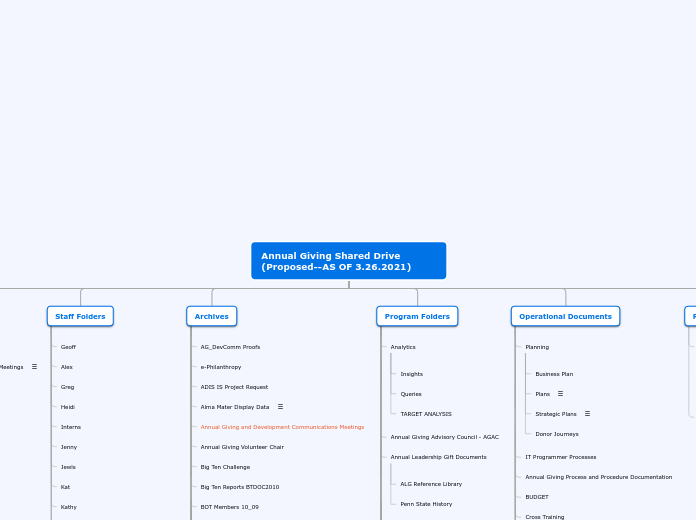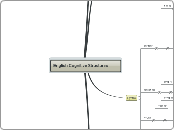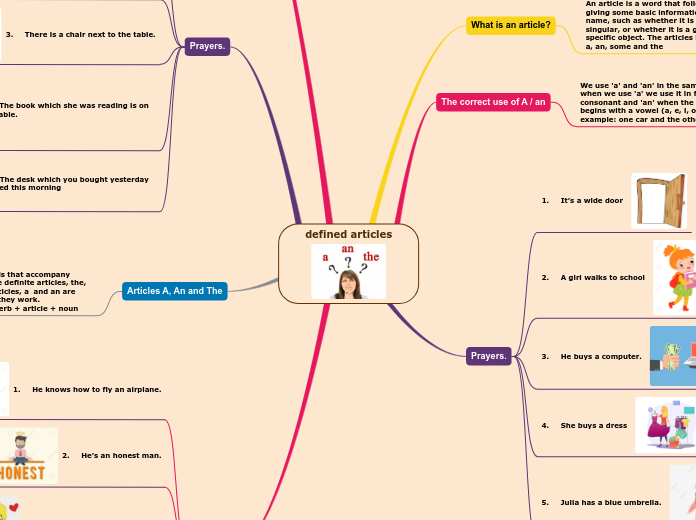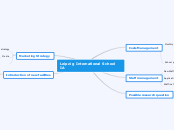Nouns
A noun is a word that functions as the name of some specific thing or set of things, such as living creatures, objects, places, actions, qualities, states of existence, or ideas.
Compound nouns
Compound nouns are words where two nouns have been stuck together to make a new noun. Compound nouns should be written as one word, without a hyphen.
Candlestick
Generic nouns
Generic nouns are nouns that are part of a generic statement. Generic nouns can be singular or plural. The opposite of generic nouns is collective nouns.
The difference between definite/indefinite and generic nouns is that in the sentence there must be a blanket statement or question.
My book fell in a puddle when I got off the bus.
Cat are animals.
Proper nouns
Proper nouns are the names of specific people or places. They should always begin with a capital letter.
The committee adopts this decision with a solid vote.
Paris
Mary
Concrete nouns
A concrete noun is a noun that can be identified through one of the five senses (taste, touch, sight, hearing, smell).
But some pedestrians press the button with a conditional intention to cross the street before the crossing light changes if there is a break in the traffic.
Rainbow
Possesive nouns
Possessive nouns are nouns which possess something, normally another noun.
Theirs has got a red front door.
The cat's toy
Главная тема
Countable/Uncountable nouns
Countable nouns are nouns that can be counted, even if the number might be extraordinarily high.
Uncountable nouns are nouns that come in a state or quantity which is impossible to count; liquids are uncountable, as are things which act
like liquids.
Uncountable: Rain
Countable: Cat - Cats
Common nouns
Common nouns are words for people, places or things that aren’t specific (as opposed to a proper noun which refers to only one person, place or thing).
Common nouns can be countable or uncountable, singular or plural.
Add examples
Country
Girl
Collective nouns
A noun which refers to a group of things/people.
The staff are thinking of leaving their jobs
Family
Class
Abstract nouns
A noun which cannot be identified by using one of the five senses (taste, touch, sight, hearing, smell).
I love my husband
Anger
Irregular nouns
Irregular nouns are nouns which don’t follow a spelling pattern when pluralized.
I've caught many different fishes.
Person - People









